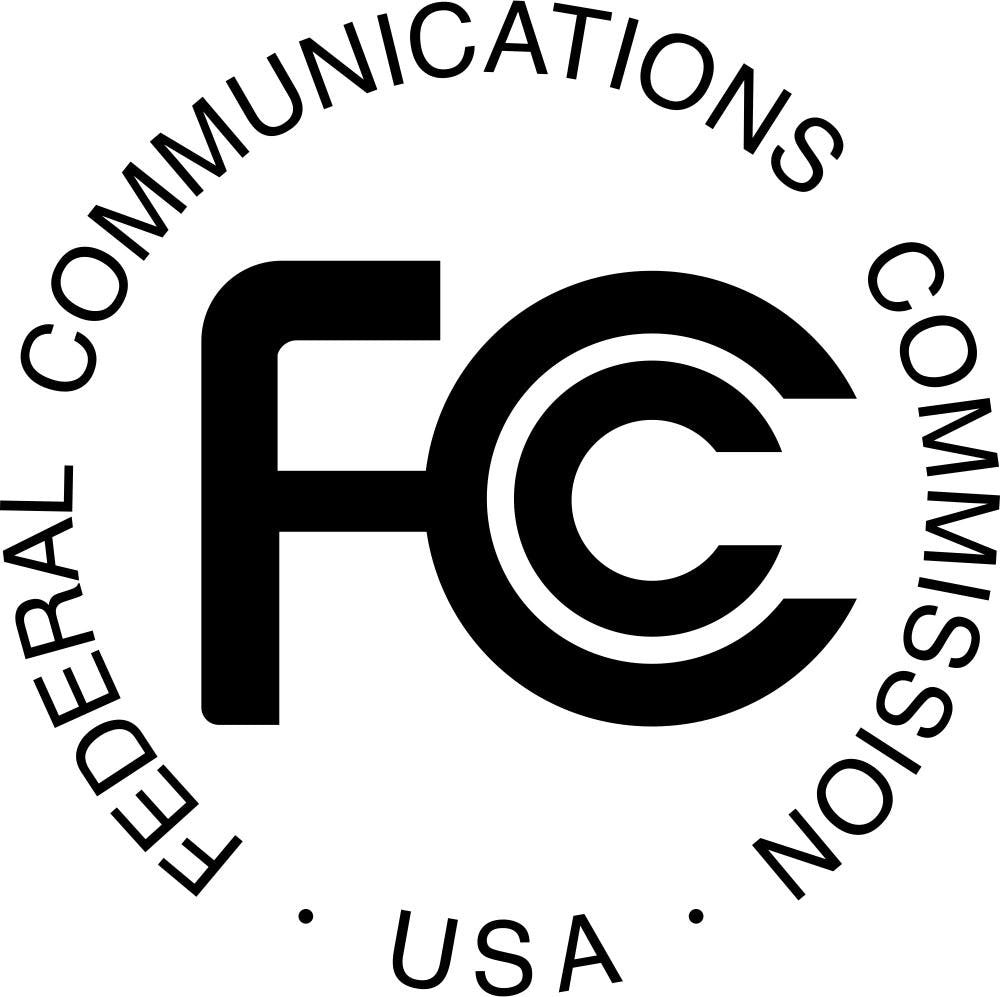Under the purview of Ajit Pai, the Federal Communications Commission recently announced it would be voting in December to scrap net neutrality protections enshrined during the Obama administration. The removal of such provisions would allow internet service providers to slow down — or entirely block access to — websites which fail to pay additional fees to internet service providers or contain controversial content. Needless to say, removing such protections would threaten American entrepreneurship, stifle political discourse and further empower the corporations which already enjoy monopolies over American markets.
Net neutrality protections — the principle that individuals should have free to access all content and applications equally, regardless of the source — were adopted in 2015 under former FCC Chairman Tom Wheeler. These protections were necessitated, in part, due to the historical greed of service providers — in 2005, Madison River Communications Corporation paid a $15,000 fine for blocking consumers for using “voice-over-Internet calling services,” which were competing with the company's’ traditional phone lines. Perhaps most famously, in January 2014 (in part due to a segment by John Oliver covering net neutrality), Comcast throttled its users’ access to Netflix, forcing Netflix to pay an undisclosed fee to restore speeds equal to that of other competitors.
The removal of such protections, especially in a time when a huge portion of the United States population only has access to a single service provider, would be hugely detrimental to the American populace. Users reliant on Comcast — which is the top internet provider for 18 states — could find themselves limited to using only MSNBC (which is owned by NBCUniversal, itself owned by Comcast), having to pay a premium to access other sites such as the New York Times, Washington Post or Fox News. ISPs would additionally have the capability to block out controversial or excessively partisan sites such as Breitbart or Shareblue altogether. Given these companies’ history of crippling (or completely blocking) users’ access to services prior to the enshrinement of net neutrality protections, there is absolutely no reason to believe that cable companies such as Verizon or Comcast will, contrary to their claims, be impartial towards their treatment of access to the internet.
Repealing such protections would not just impact Americans’ capability to access news and political commentary. Forcing owners to pay additional fees simply to ensure fast access to websites would have a disparate impact on small business owners and startups, which do not benefit from the name recognition (or advertising) that larger businesses such as Netflix or Facebook already have. Given that the average user’s patience to wait for a site to load is already very limited — roughly 50 percent of internet users will abandon a site if it takes more than three seconds to load — crippling load times for smaller sites which cannot afford such fees would have a drastic negative impact on their overall revenue. Sites with slower speeds are currently given lower rankings by Google’s searching algorithm, impacting their reach and — in the case of online marketing — their sales rates, with a half-second difference in load time decreasing sales by up to 10 percent.
For many smaller startups, the loss of half of its viewership could be a death knell — understandably providing motivation for over 1,000 startups to send a letter objecting to the FCC’s plans. Given the overwhelming bipartisan unpopularity in allowing internet providers to charge websites for faster speeds, one might expect state governments to implement such protections were the FCC to repeal them on the federal level. Unfortunately, the FCC’s repeal of net neutrality protections would also be accompanied by provisions to block states from implementing protections in the absence of the FCC’s regulations — one of the more egregious examples of government overreach under the Trump administration’s tenure.
The only replacement offered by the FCC offers absolutely no protection for the American consumer, resulting in a fragmented internet in which ISPs would have the freedom to block or cripple sites that they deem threatening towards their own interests. The only beneficiaries of such repeals would be internet service providers like Comcast, Verizon, AT&T and Cox, Congressional representatives and senators who receive donations from said industries and Ajit Pai himself, a former lawyer for Verizon. For the rest of the American populace, the consequence of such repeals would be a slower and smaller internet.
William Wong is an Opinion columnist at The Cavalier Daily. He can be reached at opinion@cavalierdaily.com.







